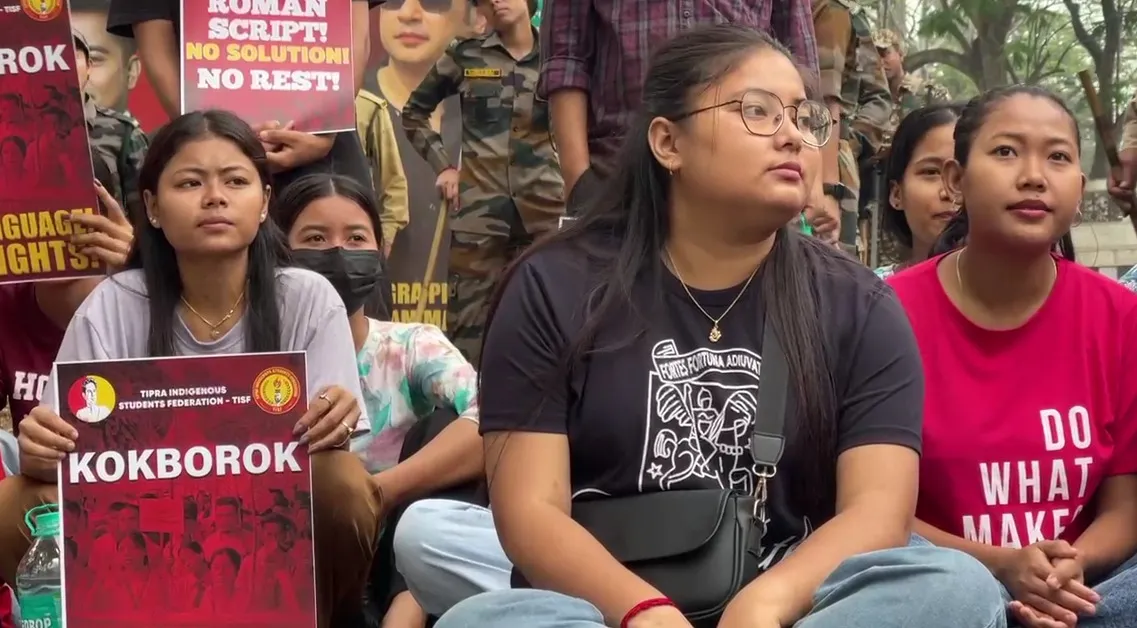
Even as various indigenous groups continue advocating for the Roman script for Kokborok, the Kokborok Sahitya Parishad — a prominent indigenous linguistic body — has renewed its call for the inclusion of the Kokborok language in the Eighth Schedule of the Indian Constitution, urging the adoption of Devanagari or Bengali as the preferred script.
In a formal letter to Tripura Chief Minister Prof. Dr. Manik Saha, the Parishad emphasized the long-standing demand for constitutional recognition of Kokborok, which it described as a vital medium for cultural expression, historical continuity, and identity among the indigenous communities of Tripura.
“Kokborok is one of the oldest and most widely spoken indigenous languages in the state. Despite its cultural significance and widespread use, it has not yet been accorded constitutional status — a recognition crucial for its preservation, development, and promotion,” the letter stated.
The organization highlighted that Kokborok can be written accurately in both Devanagari and Bengali scripts, and noted a historical precedent for using the Bengali script in scholarly and literary works. “Most Kokborok scholars have traditionally used the Bengali script, which holds a golden legacy in the language’s literary evolution,” it added.
The Parishad argued that inclusion in the Eighth Schedule would ensure wider official acceptance, greater representation in education and administration, enhanced opportunities for linguistic research, and better access to competitive examinations for Kokborok-speaking individuals and learners.
Appealing for government intervention, the Parishad urged the Chief Minister to take up the matter with the Centre. “We earnestly request your esteemed office to recommend and advocate for Kokborok’s inclusion in the Eighth Schedule, with any native script — preferably Bengali or Devanagari. Your support will significantly contribute to safeguarding Tripura’s linguistic and cultural legacy,” the letter concluded.
Read more ...
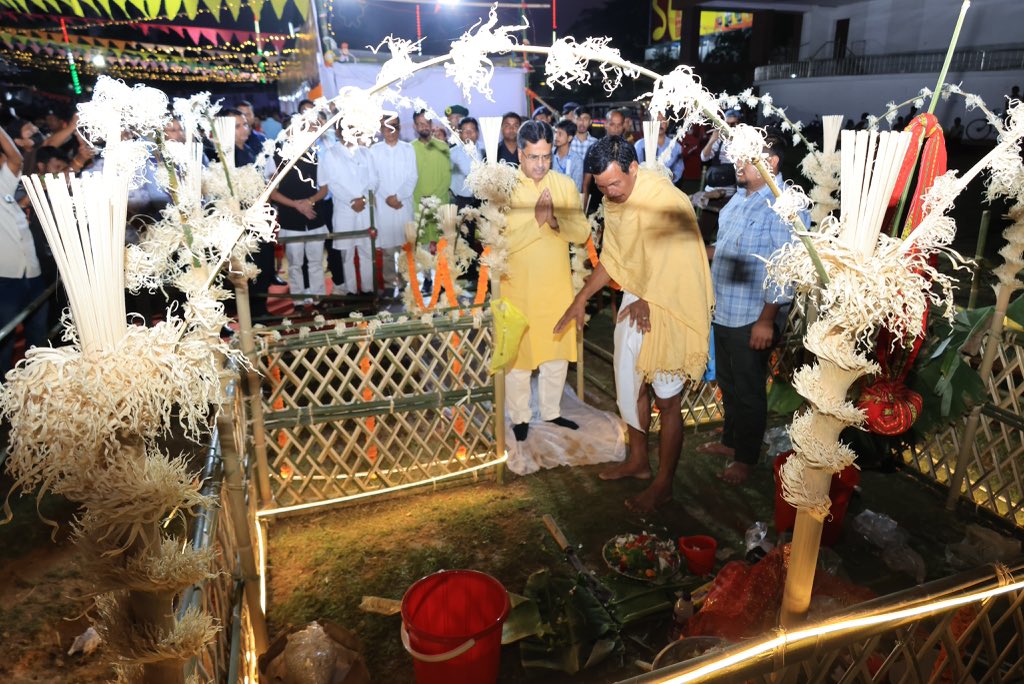
April 21, 2025
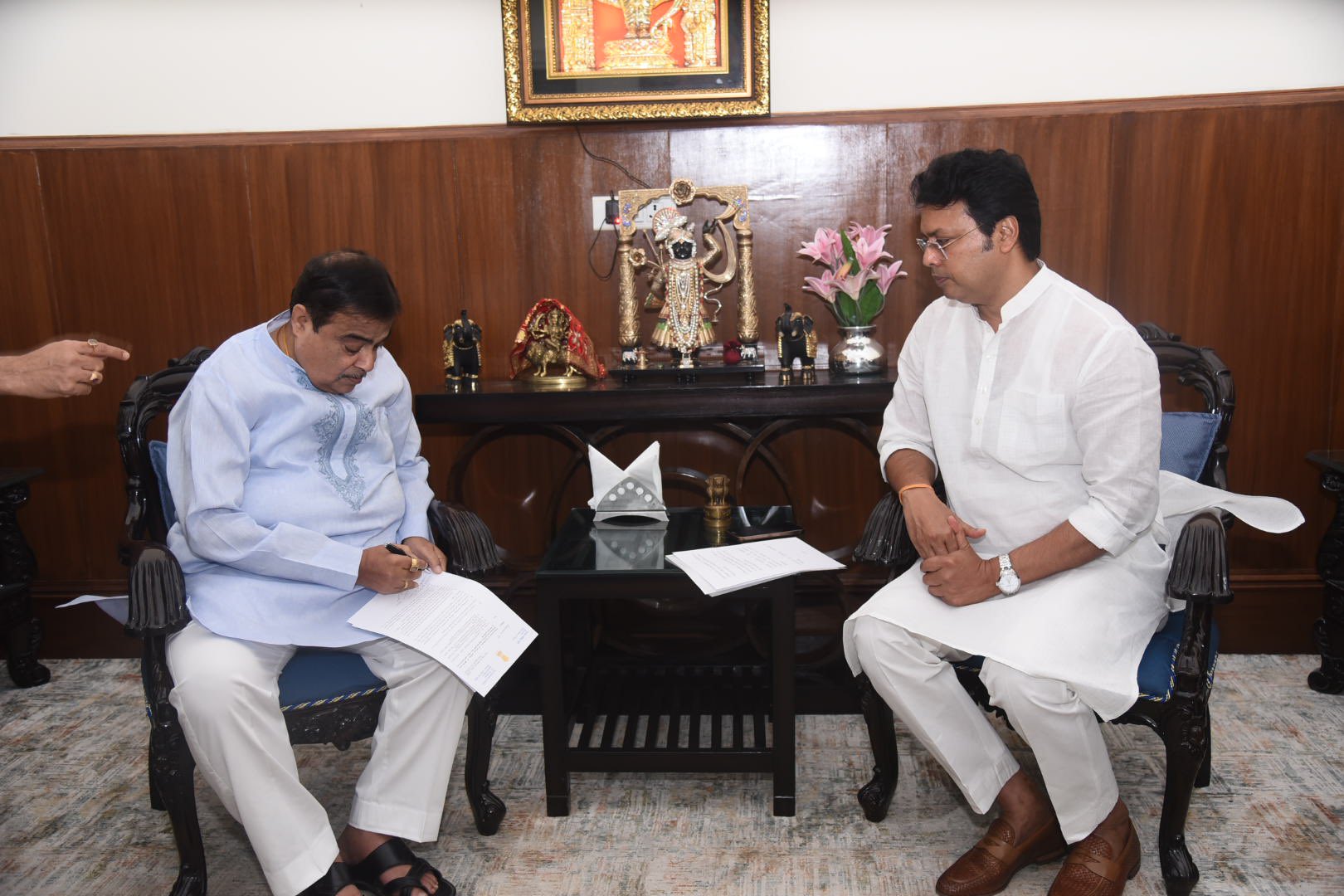
April 21, 2025
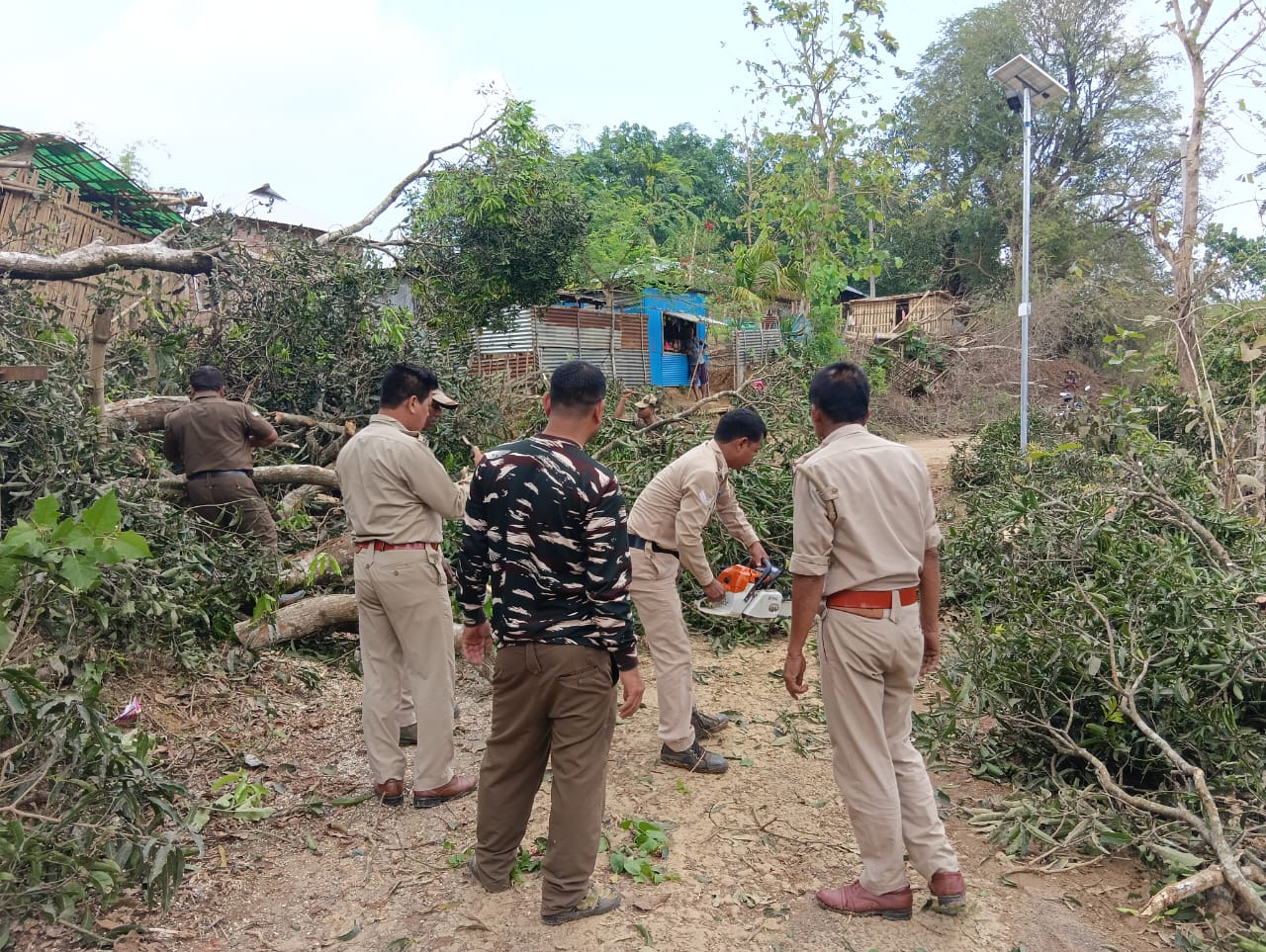
April 21, 2025
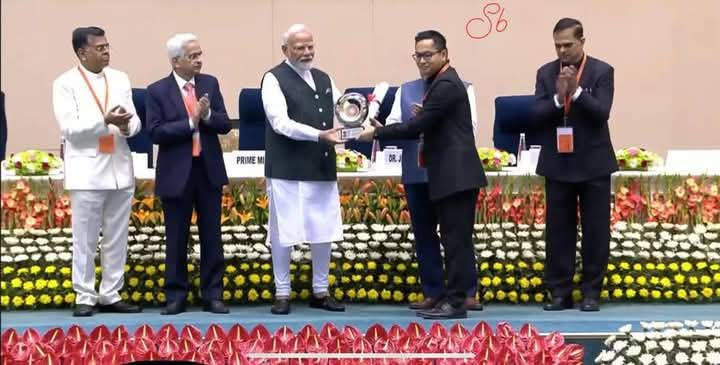
April 21, 2025
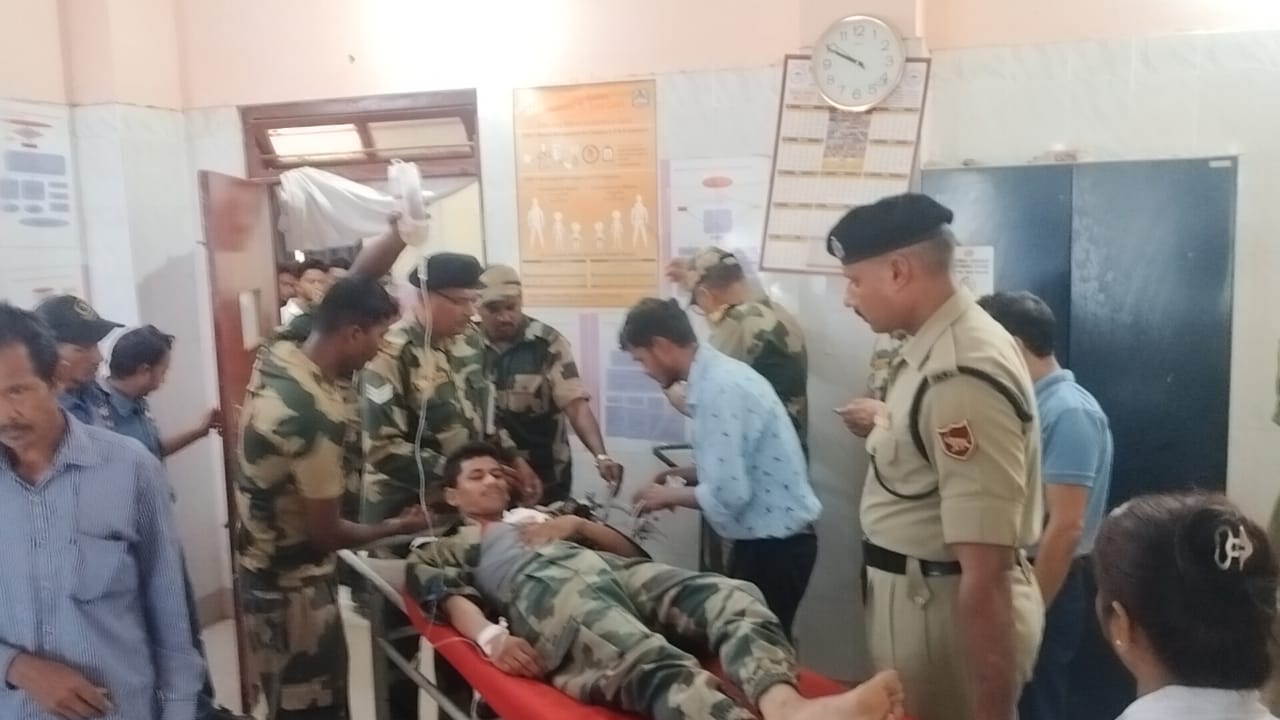
April 21, 2025
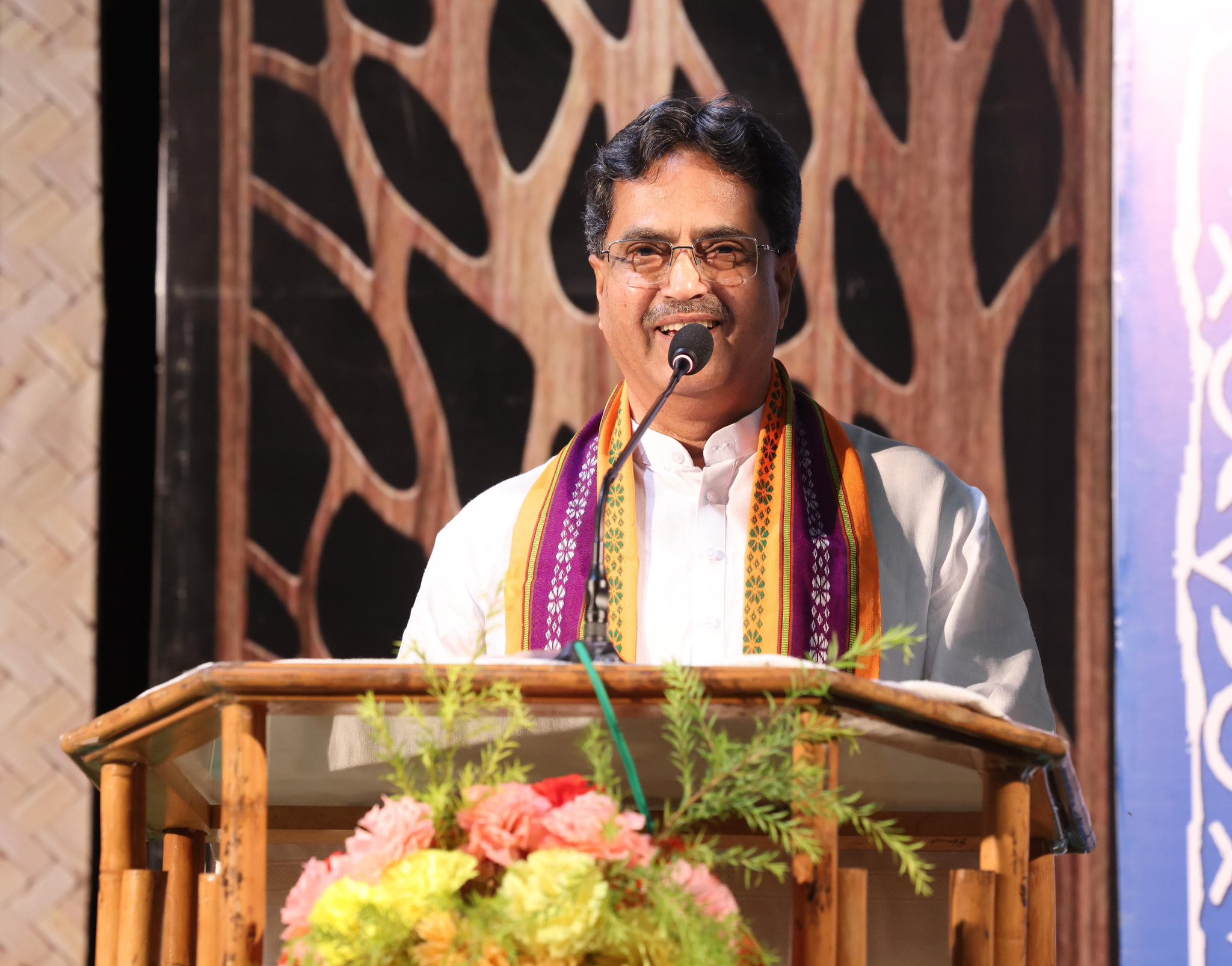
April 20, 2025

April 20, 2025

April 20, 2025

April 20, 2025
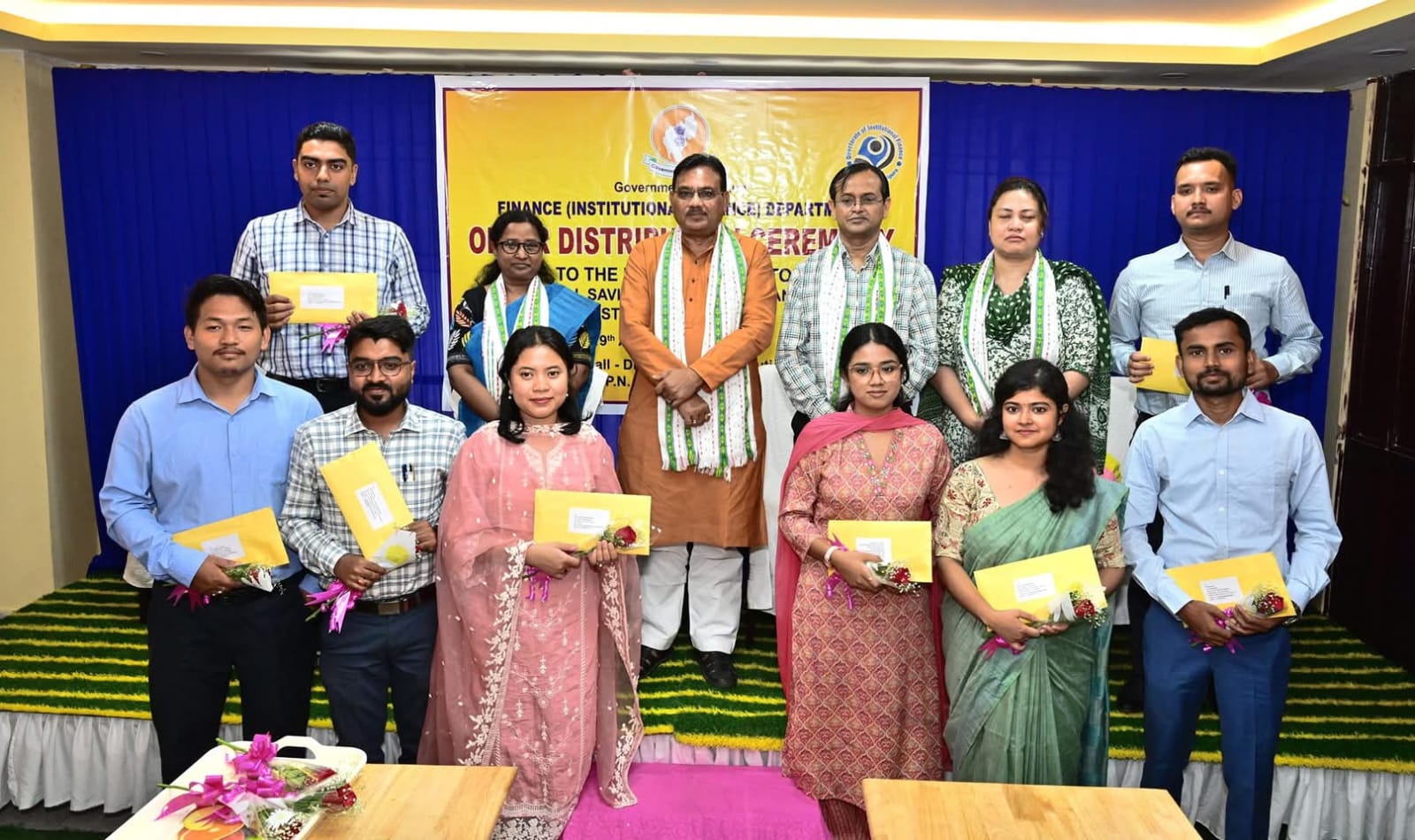
April 19, 2025
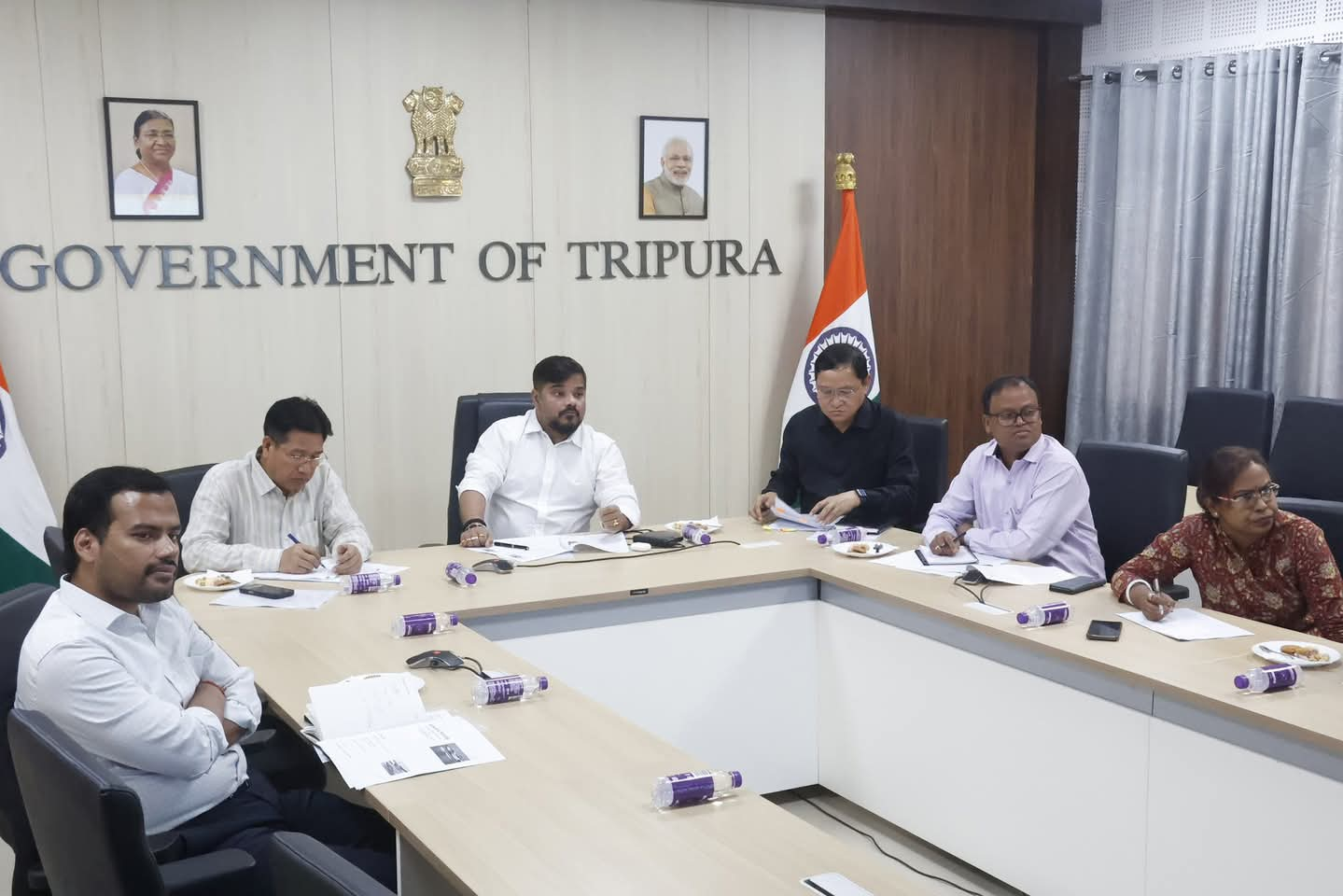
April 19, 2025

April 19, 2025

April 18, 2025
April 18, 2025


